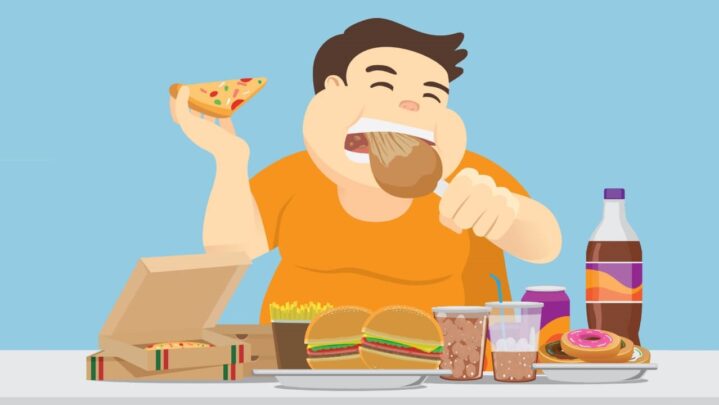Because they are not only about food, feeding and eating disorders are classified as mental diseases. They are generally developed by people as a coping mechanism for deeper problems or other psychological disorders, such as anxiety or depression.
The causes, symptoms, and potential health hazards of BED
What are the signs and symptoms of binge eating disorder?
Even when they are not hungry, people with BED may eat a lot of food quickly. A period of binge eating may be prompted by emotional stress or distress, which frequently plays a role.
During a binge, a person may get a sense of release or relaxation, but subsequently, they may feel ashamed or lose control.
Eating considerably more quickly than usual, eating until one feels uncomfortable, eating a lot despite not being hungry, eating alone because of thoughts of humiliation or contempt for oneself
Although the causes of BED are not fully known, a number of risk factors, such as:
Genetics. Dopamine, a brain chemical that produces emotions of reward and pleasure, may make those with BED more sensitive to it.
Gender. Women experience BED more frequently than males. 3.6% of women and 2.0% of men in the United States suffer from BED at some point in their life.
modifications to the brain There are signs that those with BED may have altered brain chemistry that causes them to respond to food more strongly and to lack self-control.
Which health dangers exist?
BED is linked to a number of serious dangers to one’s physical, psychological, and social well-being.
Obesity affects up to 50% of BED patients. However, the condition also carries a risk of becoming overweight or obese on its own. This is a result of the higher calorie consumption during binge episodes.
Source: Healthline
Also Read: Know The Difference Between Binge Eating And Overeating





